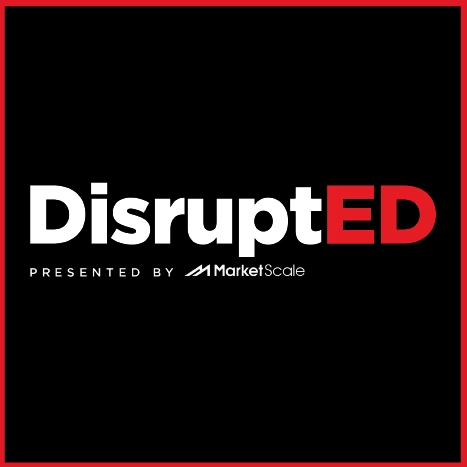The Future of Upskilling in a Disrupted Workplace – Part 1 of 2
In the wake of rapid technological advancements, the global workplace is undergoing a seismic disruption shift, and the future of upskilling workers is a more critical challenge than ever before.
The intersection of technology, the pandemic, and globalization have created a new paradigm for businesses, and ignoring the changes could prove costly. A recent study revealed that 85% of jobs that will exist in 2030 don’t yet exist, underscoring the urgency for upskilling.
What does the future of upskilling in this disrupted environment look like? How can businesses and individuals stay ahead of the curve?
Welcome to DisruptED: Education & Upskilling Edition, hosted by Ron J Stefanaski. In this first of a two-part conversation, Stefanski and his guest Vince Virga, Co-Founder at SkillStorm, examine the need for upskilling now.
Key discussion points from the episode include:
- The challenges and opportunities presented by the convergence of technology, the pandemic, and globalization
- Vince Virga’s journey into the workforce sector and the inception of SkillStorm
- The increasing demand for relevant skills and the role of upskilling in bridging the talent gap
Vince Virga boasts an impressive background. A first-generation college graduate, Vince’s early experiences in the IT services industry in the mid-90s set the stage for his entrepreneurial journey. Co-founding SkillStorm, Vince has been instrumental in helping individuals elevate their skill levels to secure high-paying jobs in the tech sector. With a focus on innovation and a commitment to fostering a positive company culture, Vince’s leadership has positioned SkillStorm at the forefront of the upskilling revolution.




